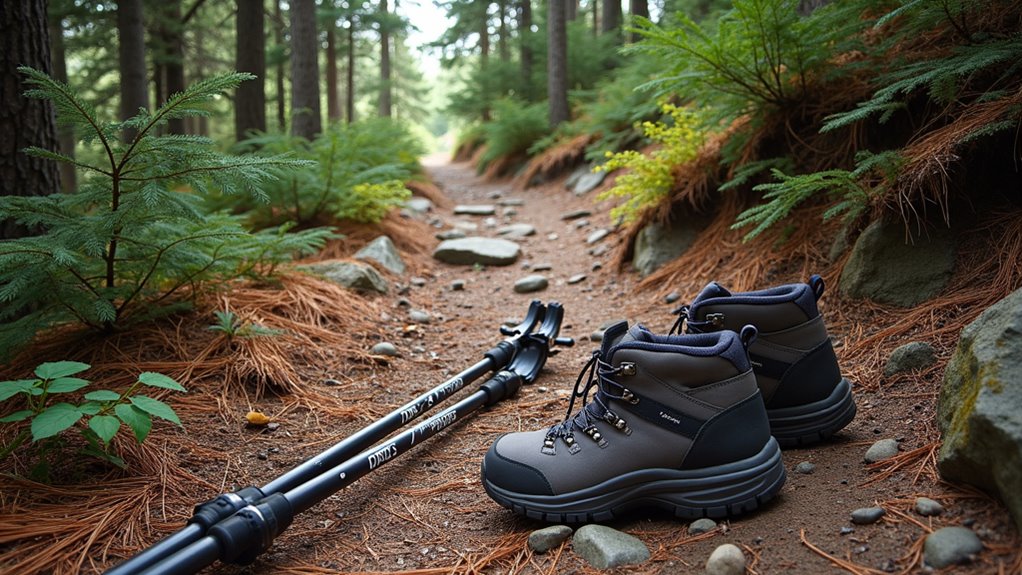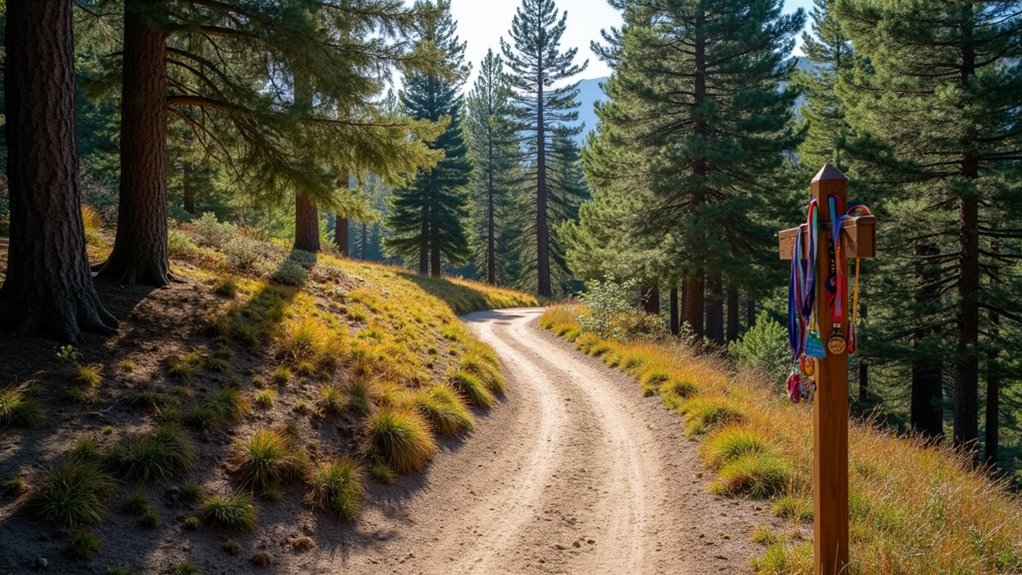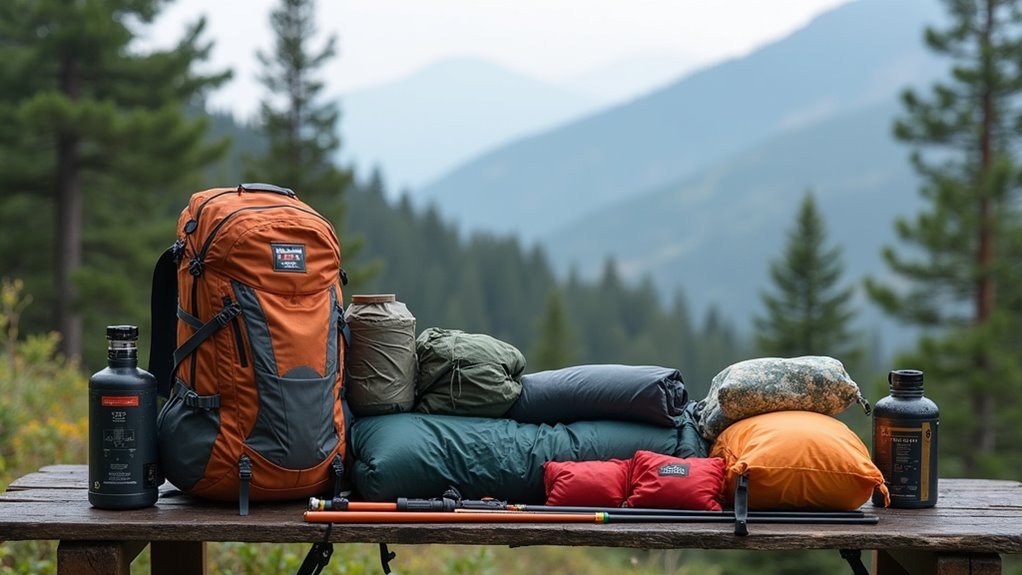Onward travel means you must show proof that you’ll exit a country before your visa or entry period ends, often through a confirmed flight, bus, or train ticket to another destination. Many countries enforce this to prevent overstays and control immigration, and airlines usually check for it before boarding. If you can’t provide proof, you may face denied entry, fines, or deportation. Understanding specific country requirements and your documentation options can help you navigate this rule effectively.
When you’re backpacking internationally, proof of onward travel is a critical requirement that many countries enforce at their borders. In essence, onward travel means you must demonstrate that you intend to leave the country before your visa or entry stamp expires. This policy exists to help governments control immigration, guaranteeing that travelers don’t overstay their visas or attempt to remain illegally.
To comply, you’ll need to show a ticket—often a flight, but sometimes a bus or train—out of the country. Importantly, this doesn’t have to be a return ticket to your home country; a ticket to any other destination is usually sufficient, as long as it matches the specific country’s requirements. In some cases, airlines are responsible for checking proof of onward travel before you even board your flight, which means you could be denied boarding at your departure airport if you don’t have acceptable documentation.
Many airlines will refuse to let you check in if you cannot show proof of onward travel, since they can be fined or required to fly you back at their own expense if you are denied entry at your destination.
You’ll encounter this requirement across various visa types, whether you’re entering visa-free, on arrival, or with a pre-arranged visa. Immigration officials may deny you entry or even deport you if you can’t provide acceptable proof. Some countries also demand additional documentation, like proof of sufficient funds for your stay, especially if your plans seem open-ended.
For spontaneous travelers, particularly backpackers who value flexibility, this requirement can be challenging since it forces you to commit to a specific exit plan, even if your itinerary is uncertain.
Different countries have different standards for what counts as proof. In Southeast Asia, bus and train tickets are sometimes accepted, but other nations insist on flights. Booking services and travel agencies can provide temporary or refundable tickets, which allow you to fulfill the requirement without sacrificing your flexibility.
If you try to rely on documentation like itineraries, be aware that acceptance varies, and you might still face scrutiny.
Failing to provide proof of onward travel can have serious consequences, including entry refusal, fines, or even blacklisting from future visits. For long-term travelers or digital nomads, repeated border crossings mean you’ll need to address this requirement multiple times, so it’s wise to stay informed about each country’s policies.
Ultimately, preparing the right documents before you travel will help you avoid legal complications and promote smoother border crossings.









